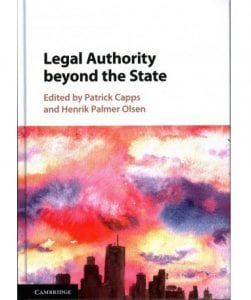This post is part of a short series of blog posts exploring the recent Russian invasion of Ukraine against the background rules of international law. The posts are based on presentations given at an event on the subject on 7 March that was organised by the University of Bristol Law School’s Centre for International Law.
In this first blog post of the series, Professor Noëlle Quénivet from the University of the West of England introduces us to the question of the compatibility of Russia’s invasion with international humanitarian law (the law of armed conflict).
by Noëlle Quénivet, Professor in International Law, University of West of England
In the last few weeks, the press has reported numerous instances of attacks by Russian forces on cities, hospitals, airports, nuclear power plants, places of worships, etc. The list is very long. But are all these attacks automatically unlawful, as often claimed in press reports? After explaining the legal framework to determine the lawfulness of these attacks, this post, using the example of the attack on hospitals, and more specifically the maternity hospital in Mariupol, illustrates how the targeting rules apply and argues that, even in the case of an attack against medical facilities, the answer is not always a straight: ‘it is unlawful’. (more…)






